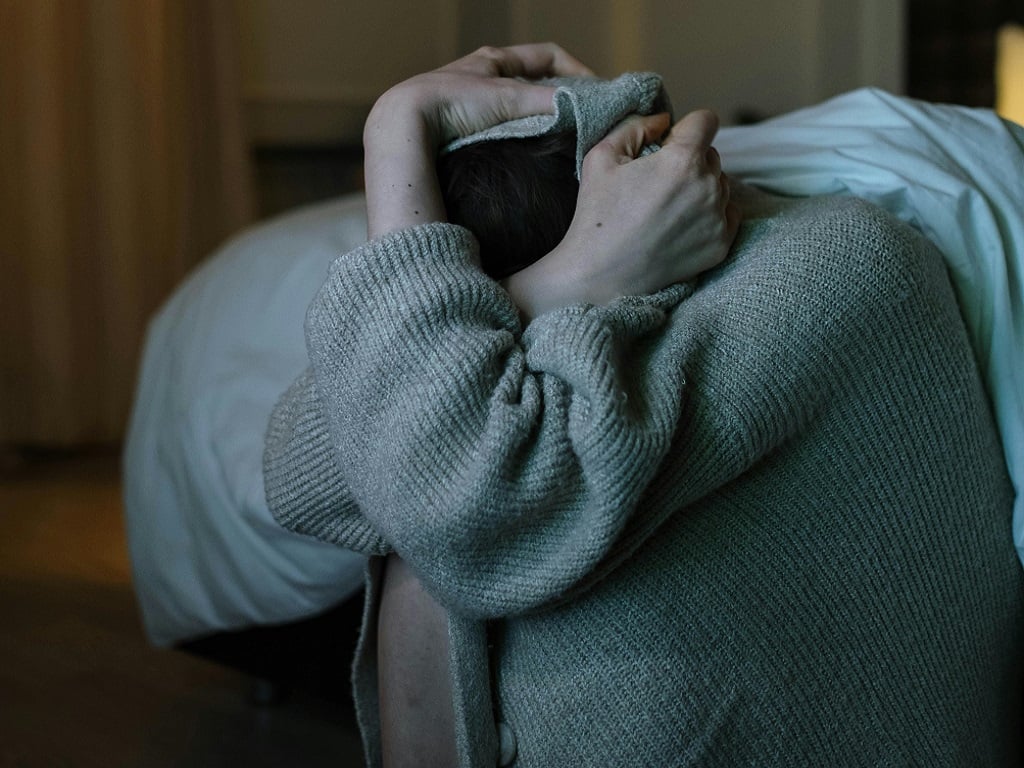Blood sugar levels usually rise while we sleep, usually between 4 and 8 a.m. In normal people, the pancreas secretes the hormone insulin and helps muscle cells, fat, liver and other organs absorb glucose, according to the health website Verywell Health (USA).

Lack of sleep makes diabetes harder to control
However, in people with diabetes, their bodies do not secrete enough insulin, so glucose cannot enter the cells. As a result, blood glucose levels increase, leading to hyperglycemia.
In addition, lack of sleep will cause the hormones that regulate appetite and metabolism to become unbalanced, leading to a spike in blood sugar. Studies show that lack of sleep will make the body's ability to secrete insulin less effectively, increasing the risk of insulin resistance and causing diabetes to lose control.
Specifically, research evidence has found that people who sleep less than 6 hours a night are more likely to have irregular eating habits, snack more, and prefer unhealthy foods. Lack of sleep increases the hunger hormone ghrelin and decreases the satiety hormone leptin. This makes people who lack sleep feel hungrier and crave foods high in sugar and fat. As a result, they are more likely to gain weight.
In addition, blood sugar that is too high or low at night will also affect sleep and cause fatigue the next day. When blood sugar is high, the kidneys will find a way to eliminate this sugar, leading to the feeling of needing to urinate at night. Not only that, high blood sugar also causes headaches and increased thirst, according to Verywell Health .
Source: https://thanhnien.vn/thieu-ngu-lam-tang-duong-huyet-the-nao-185240520193245778.htm


![[Photo] General Secretary To Lam, Secretary of the Central Military Commission attends the 12th Party Congress of the Army](https://vphoto.vietnam.vn/thumb/1200x675/vietnam/resource/IMAGE/2025/9/30/9b63aaa37ddb472ead84e3870a8ae825)
![[Photo] Solemn opening of the 12th Military Party Congress for the 2025-2030 term](https://vphoto.vietnam.vn/thumb/1200x675/vietnam/resource/IMAGE/2025/9/30/2cd383b3130d41a1a4b5ace0d5eb989d)
![[Photo] Panorama of the cable-stayed bridge, the final bottleneck of the Ben Luc-Long Thanh expressway](https://vphoto.vietnam.vn/thumb/1200x675/vietnam/resource/IMAGE/2025/9/30/391fdf21025541d6b2f092e49a17243f)

![[Photo] President Luong Cuong receives President of the Cuban National Assembly Esteban Lazo Hernandez](https://vphoto.vietnam.vn/thumb/1200x675/vietnam/resource/IMAGE/2025/9/30/4d38932911c24f6ea1936252bd5427fa)
![[Photo] The 1st Congress of Phu Tho Provincial Party Committee, term 2025-2030](https://vphoto.vietnam.vn/thumb/1200x675/vietnam/resource/IMAGE/2025/9/30/1507da06216649bba8a1ce6251816820)



























































































Comment (0)